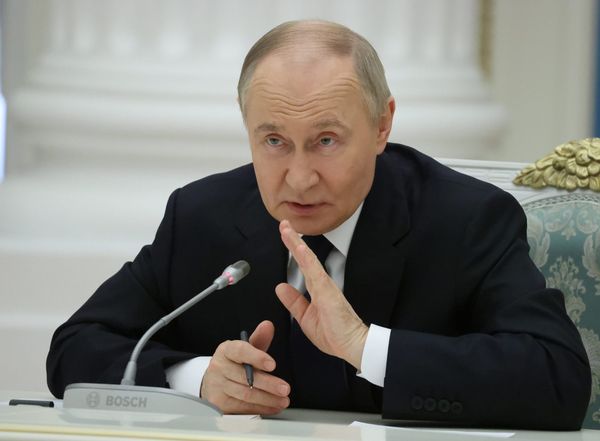
Ryanair Holdings plc reported its financial year 2025 earnings on Monday, as the company deals with higher costs and lagging airfares.
Full-year profit after tax was €1.6 billion, which was a decline from the €1.9bn seen in the previous financial year. However, this was in line with a company poll of analysts.
Traffic soared 9% to a record 200 million passengers, despite delays in Boeing deliveries. However, this was a decrease from an earlier target of 205 million passengers. The company revealed that it expects 206 million passengers in the current financial year up to 31 March 2026.
Average fares dropped 7%, however, total revenue increased 4% to €14bn for the financial year 2025. Operating costs, which are flat on a per passenger basis, jumped 9% to €12.4bn. This was mainly due to fuel hedge savings offsetting a rise in staff and other costs.
Ryanair announced a final dividend of €0.227 per share, which is likely to be paid in September this year, subject to Annual General Meeting (AGM) approval.
The airline had 181 B737 “Gamechanger” aircrafts in its fleet as of 30 April. It also launched more than 160 new routes for summer this year.
Michael O’Leary, the CEO of Ryanair, said in the FY25 earnings report on the company’s website: “We are working closely with Boeing to accelerate deliveries and are increasingly confident that the remaining 29 Gamechangers in our 210 orderbook will deliver well ahead of S.26, enabling us to catch up delayed traffic growth into FY27.”
He added: “We are seeing robust S.25 travel demand across our network. This year our constrained capacity growth is being allocated to those regions and airports who are abolishing aviation taxes and incentivising traffic growth.”
Ryanair has already shared that it expects some unit cost increases this financial year, mainly due to a rise in environmental taxes and air-traffic control charges. However, fuel hedging, new aircrafts and cost control are likely to offset these increases.
European short-haul likely to continue facing hurdles
Ryanair expects European short-haul capacity to be tight for the next few years, mainly because of several European Airbus operators still dealing with Pratt & Whitney engine repairs. Increased EU airline consolidation, such as the upcoming TAP sale is also likely to add to this scenario.
“These capacity constraints, combined with our substantial cost advantage, strong balance sheet, low-cost aircraft orders and industry leading operational resilience will, we believe, facilitate Ryanair’s controlled profitable growth to 300m passengers p.a. by FY34,” O’Leary said.
The airline revealed that while it does expect to recover most, but not all of the past financial year’s 7% fare drop, it is still much too early to provide any clear guidance. This is mainly because the current financial year’s result depends heavily on external factors such as the possibility of more tariffs, escalations in Russia-Ukraine or Middle Eastern conflicts and macroeconomic shocks.







